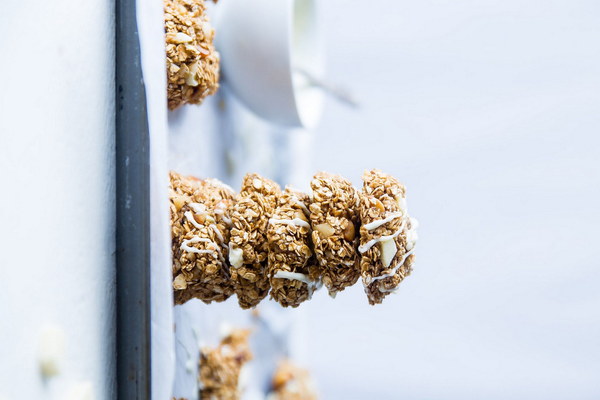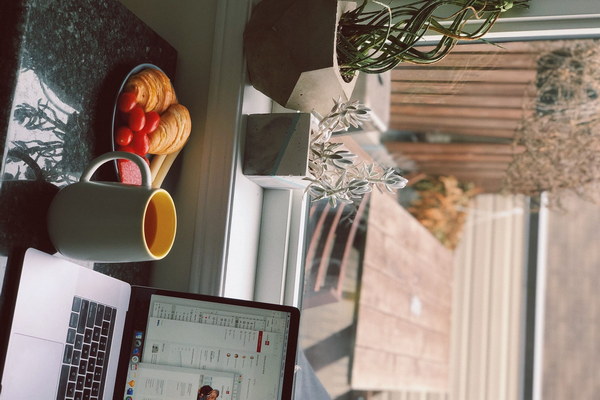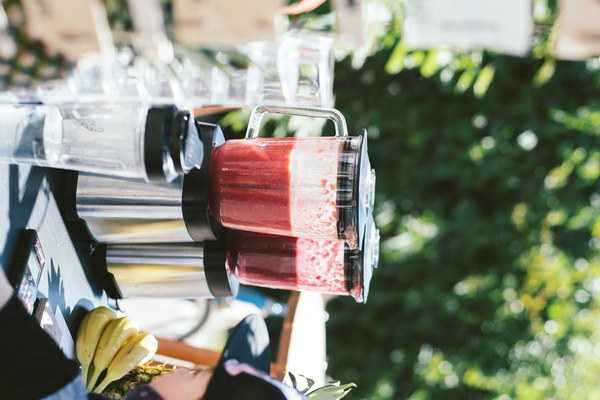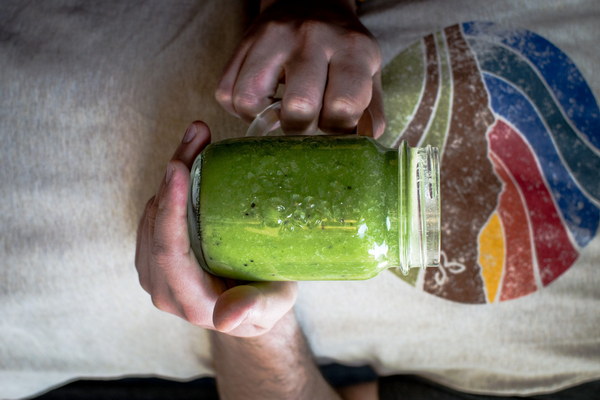Discover the Best Herbs for Foot Soaks to Banish Dampness A Guide to Traditional Chinese Foot Bath Remedies
In the realm of traditional Chinese medicine, the concept of dampness is a common ailment that can manifest in various ways, from fatigue and weight gain to joint pain and digestive issues. One of the most effective and natural ways to combat dampness is through the use of foot soaks. These remedies not only help to soothe the feet but also work to eliminate excess dampness from the body. So, what are the best herbs to use for a dampness-busting foot soak? Let's explore this topic in detail.
The Science of Dampness
Dampness in traditional Chinese medicine is believed to be the result of an imbalance in the body's Yin and Yang, with an excess of dampness leading to various health issues. The feet are particularly susceptible to dampness due to their location at the end of the meridian pathways, where energy is thought to accumulate and stagnate.
Herbs for Dampness-Relieving Foot Soaks
1. Cinnamon (Cinnamomum cassia)
Cinnamon is a well-known spice that warms the body and dispels dampness. It is often used in Chinese medicine to treat colds and flu, as well as to improve digestion. When used in a foot soak, cinnamon can help to stimulate circulation and eliminate dampness from the body.
2. Dong Quai (Angelica sinensis)
Dong Quai, also known as female ginseng, is a popular herb in traditional Chinese medicine for its ability to nourish the blood and regulate the menstrual cycle. It is also used to dispel dampness and alleviate symptoms of dampness-related disorders, such as joint pain and edema.
3. Atractylodes (Atractylodes macrocephala)
Atractylodes is a potent herb that helps to remove dampness and strengthen the spleen. It is often used in combination with other herbs to treat dampness-related conditions, such as fatigue and bloating.
4. Fenugreek (Trigonella foenum-graecum)
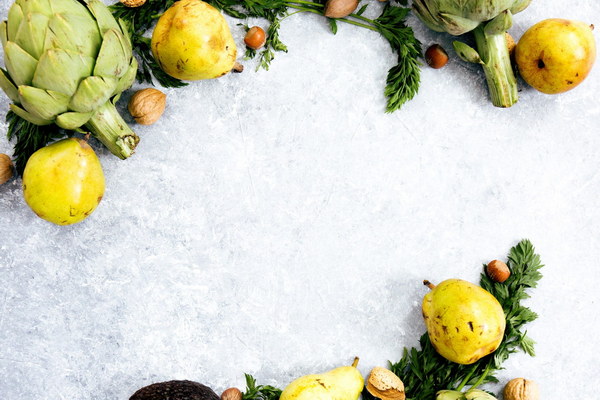
Fenugreek is an aromatic herb that is commonly used in Indian cuisine. In traditional Chinese medicine, it is used to expel dampness and improve digestion. Fenugreek can help to reduce fluid retention and alleviate symptoms of dampness, such as swelling and bloating.
5. Coptis (Coptis chinensis)
Coptis is a powerful herb that is often used to clear heat and dampness in the body. It can help to relieve symptoms such as constipation, bloating, and diarrhea, which are often associated with dampness.
How to Prepare a Dampness-Relieving Foot Soak
To prepare a dampness-relieving foot soak, follow these steps:
1. Gather the Herbs: Obtain the herbs mentioned above or a blend specifically formulated for dampness relief.
2. Boil the Herbs: In a pot, bring about 2 quarts of water to a boil. Add 2 tablespoons of the herb blend and let it simmer for about 20 minutes.
3. Strain the Herbs: Once the herbs have simmered, strain the mixture to remove the plant material.
4. Cool the Water: Allow the strained water to cool to a comfortable temperature for soaking.
5. Soak Your Feet: Immerse your feet in the herb-infused water for about 20-30 minutes. Ensure that the water is warm but not too hot to avoid burns.
6. Repeat Regularly: For best results, repeat the foot soak 2-3 times a week.
Conclusion
Incorporating a dampness-relieving foot soak into your routine can be a natural and effective way to combat dampness and its associated symptoms. By using the right herbs, you can help to balance your body's Yin and Yang, improve circulation, and promote overall health and well-being. Remember to consult with a healthcare professional before starting any new herbal regimen, especially if you have pre-existing health conditions or are taking medication.
